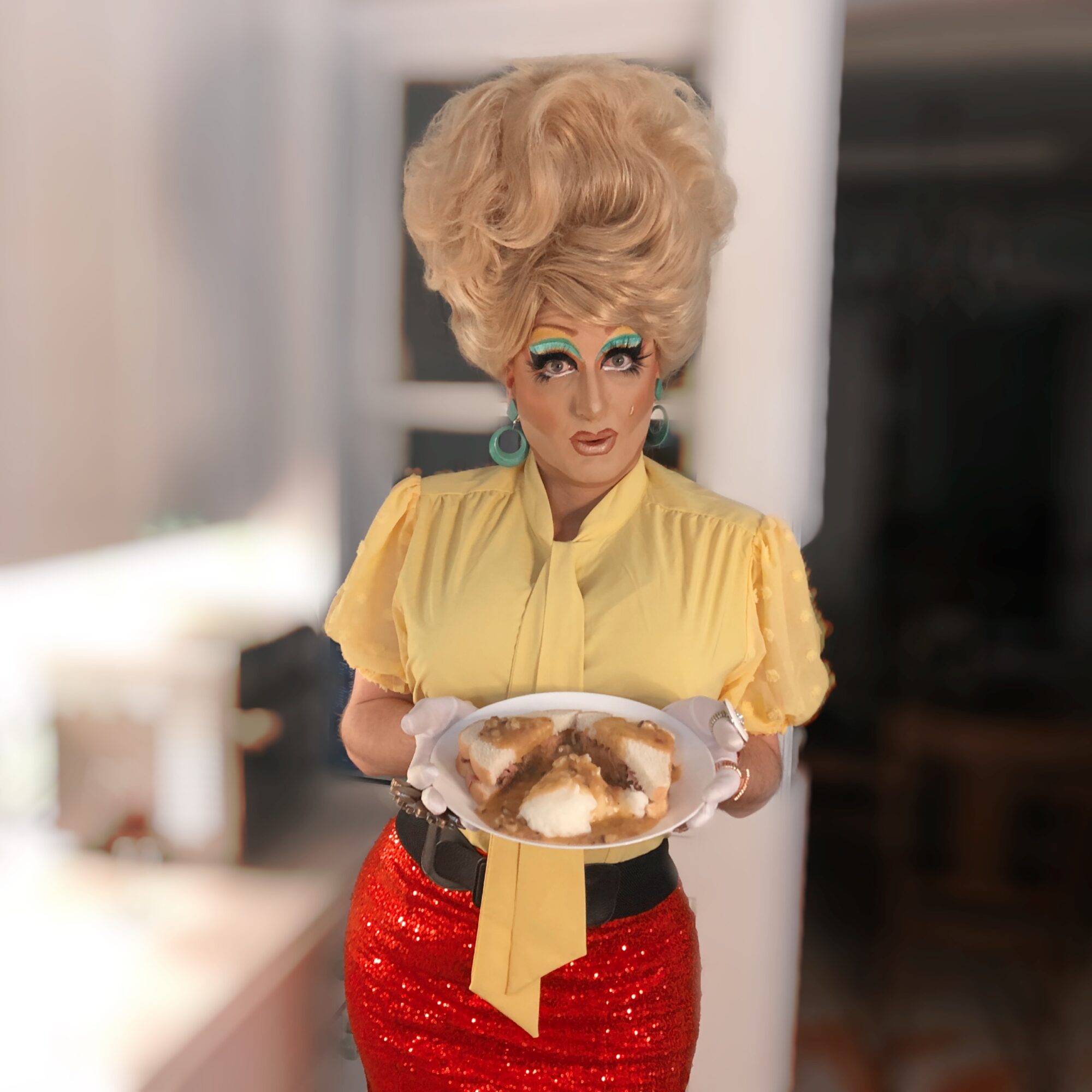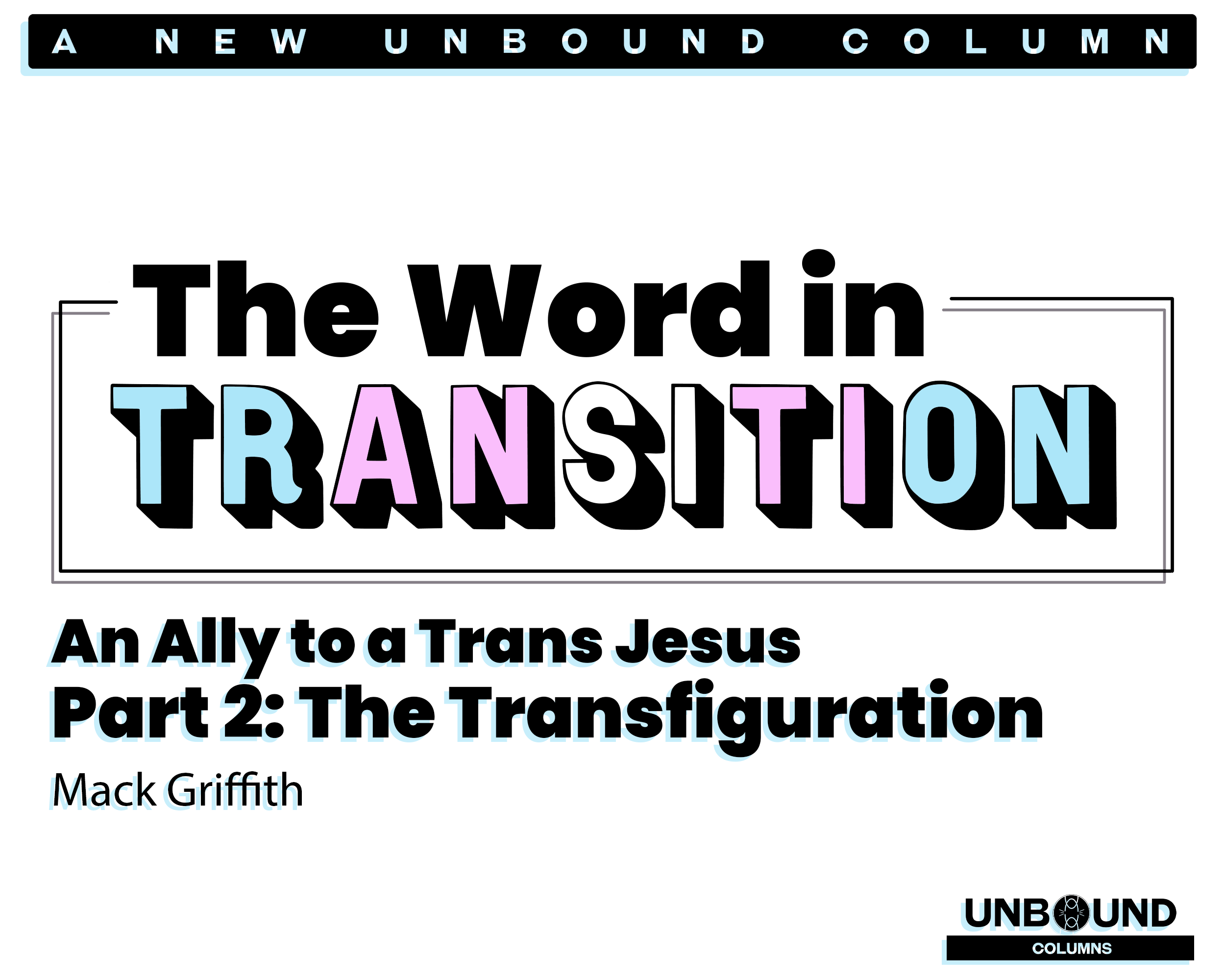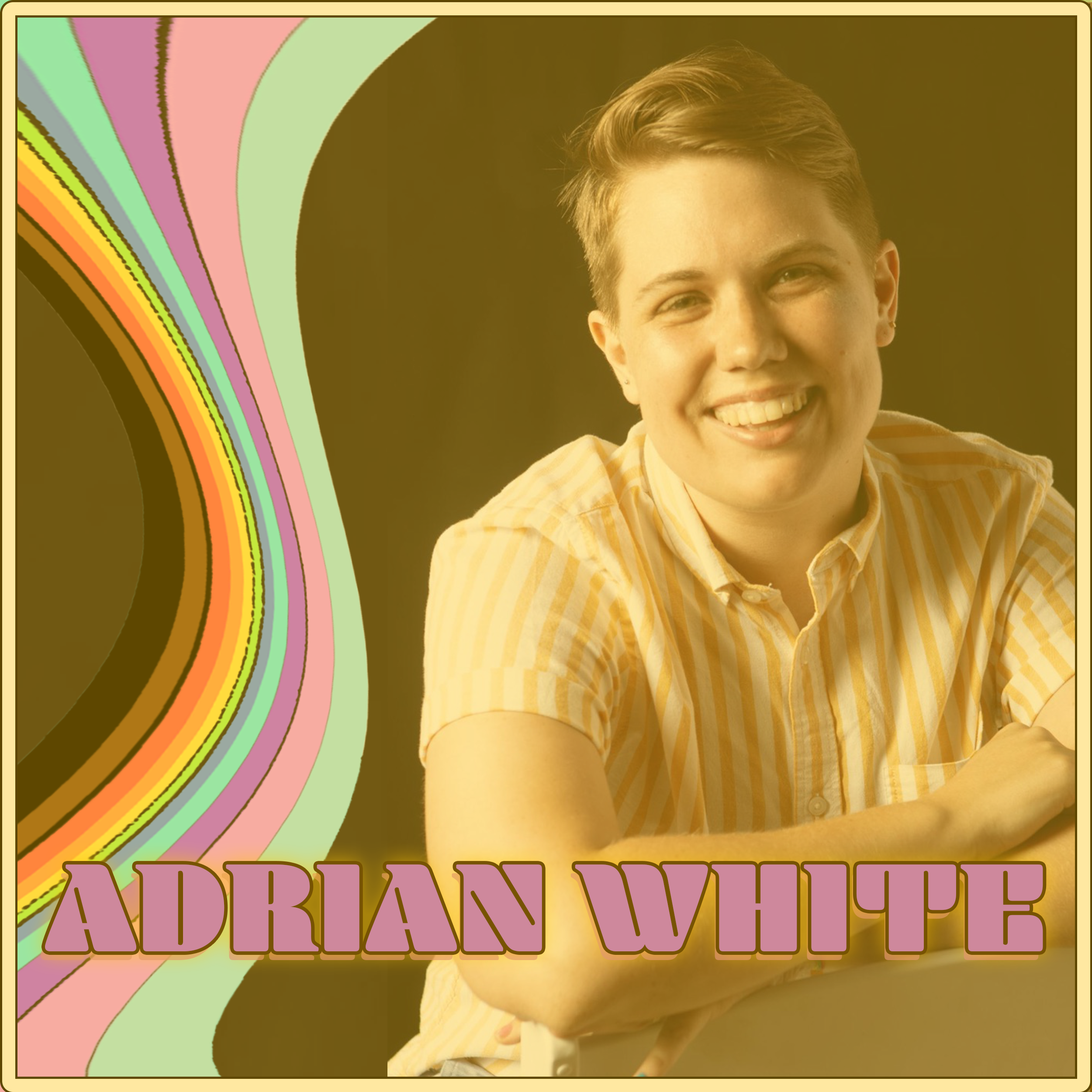I have a complicated history with organized religion. How does the old breakup relationship chat go? It’s me, not you? For this conversation it’s not me, though, it’s you. Well, not you personally. It’s the idea of organized religion, who has the loudest voices in that movement, and the impact on me over my forty-five years of life on this planet, from a delightfully shy little boy to a loud, tater tot slinging drag queen.
My story isn’t unique in any way, shape, or form. As a matter of fact, I’d guess that most people that identify as LGBTQIA+ have had a struggle with whatever organized religion they’ve grown up in. As someone who grew up in the First Christian Church/Disciples of Christ denomination in a town in Indiana, the first many years of my church-going experience were absolutely fabulous. The pastor and his wife exuded love and acceptance. It was almost more of a ‘live your best life’ mantra during the sermons rather than ‘you’ll all burn in hell for eternity.’ There was nothing explicitly said about queer issues—positive or negative, which, given the era where the AIDS epidemic was first gaining national news, was most likely a blessing for a gay kid trying to just stay under the radar. I was an acolyte, grew up to be a deacon, and chatted with the men outside when we probably should have been inside listening to the sermon. But those moments all provided a positive connection not only with the congregation, but with the church as a whole.
From those years, however, came moments that also soured my connection with the church. I have distinct memories of being in the basement of the church for youth group meetings. You know those basements–large rooms with high ceilings, green tiled floors that would reverberate with the sounds of a ping pong game, and old couches donated by church members. The youth pastor would share stories that would try to bring the group together. But once during these conversations, he veered off into unfamiliar territory and told us all that he was fine with everyone except, you know, the gay people. In that moment, sitting on the couch in the church basement, surrounded by friends, I felt my face go hot, wondering if my friends around me suspected me of being gay. I hadn’t even said the words out loud to myself yet. Did they all feel that way about LGBTQ people, too? If not, why was everyone silent? Why would this youth pastor use his time trying to connect with us by sharing his contempt for LGBTQ people? It was the beginning of the end of my connection with the church.
I started seeing that hatred in more places. The members of Westboro Baptist Church protesting at funerals. The ‘Moral Majority’ ignoring the AIDS crisis because they saw it as a gay disease. The religiously-funded, anti-equality measures in various states to take away the rights of their LGBTQ citizens. The cis-gendered, bisexual white woman in clergy who told me I was ‘too angry’ when elected officials were working hard to destroy LGBTQ+ rights. The lady at our temple who thought I was turning down an invitation to donate blood because I mistook it for a request for a monetary donation. I politely informed her that, as a gay man, I was unable to donate blood. She blushed and immediately went back to reading her book.
Where was the acceptance? Where was the love? For me, again, it wasn’t found in the church. It was found in moments of seeing myself reflected by Norm in the Real World: New York. Or in the pages of the Gay People’s Chronicle that I’d sneak from the mail room in college. A book by a gay man. The movie, Maurice, where I saw two men kissing for the first time on screen and I was worried that my straight friends who were with me would be uncomfortable. But in those moments, I saw someone that I could be, that I could find love, and that I wouldn’t have to be alone for the rest of my life and hide who I was.
While the church may not have provided the family experience I was expecting, my actual family did. We were a typical midwestern family, not really talking about the details of our lives as my twin brother and I were growing up. We excelled at school, band, speech and debate, and theatre. Anything to distract from the fact we were gay. Just keep super busy and do everything well. We hung out with a large group of friends so there was never any pressure of dating–either from our friends or family. As we ventured off to college, there was always a tension between my twin and myself about whether we should tell our parents about us being gay. I was worried they would disown us while my brother thought everything would be just fine.
Our mother passed away from breast cancer during our sophomore year of college, before we had a chance to tell her. I always assumed, however, that deep down she probably knew and would have accepted us no matter what. Our father was a different story. We had no idea how he would react. So, we wrote him a letter, put a stamp on it and sent it away. A few days later, the phone rang. I picked up and he simply said, “I got your letter, and I love you no matter what. You’re my sons.” And that was it. He dove right in to supporting us, whether meeting guys we were dating or stopping his coworkers from saying homophobic jokes. And he never looked back. And it wasn’t just our dad. Our cousins, aunts, uncles all stepped up to be supportive and loving. We were incredibly lucky. So many of my LGBTQ+ friends haven’t had that type of family support and have to create their own families. It’s more of a chosen family and support network of friends who act as the supportive family we wish we could have had all along.
As I grew into an adult, I stopped looking for that familial acceptance at church, because I had it in my own family. I also found joy and acceptance at pride parades and celebrations. The floats! The humanity! The glitter! The JOY! I saw men holding hands, kissing, not giving a damn about anyone else. I wanted to have that confidence. But at those pride parades, I also started seeing religious groups marching alongside the queer organizations. Churches passed out water to parade participants. I’d see huge rainbow banners on churches proclaiming not just their acceptance of LGBQT+ people, but their support and celebration of queer people. Part of that, I’m certain, was my migration from the small-town midwest to the larger cities of the East Coast. But it gave me the opportunity to expand my expectations for religious institutions and how they choose to support and love not just their members, but greater humanity. They were actively working to expand their ‘families.’ Those banners on churches, along with the religious groups in the pride parades would literally make me tear up. That seemingly simple gesture–a banner hung on a wall, a cup of water passed, marching in a parade–started to heal wounds years in the making.
This pandemic, and well (gestures broadly) everything that’s been stressful over the last 4 years, has also made me focus on what makes me happy. For quite some time, in the back of my head, a character would sometimes pop up. Sometimes she had a different name or a different talent, but she was always there. The pandemic gave me an opportunity to breathe some life into Tara Hoot, named after the city in Indiana where I was born, Terre Haute. Putting on some sparkle and some makeup early on in the pandemic, I was surprised to see how much joy that brought other people in my life. When I started posting on social media in full-on drag–wig, makeup, dress and all–I was stunned that complete strangers would message me saying how who I was, at that moment, was just what they needed. Throw in a recipe for a tater tot casserole and my title as the forever-reigning Miss Tater Tot Casserole Festival Queen, and I was off to the races. And while I was cooking food that I loved for an audience I couldn’t invite to my home, I could share the joy, virtually. I may have been trapped in my house because of the pandemic, but I wasn’t going to let that stymie the sparkle that I had always wanted to share, but never had the time, or chutzpah, to try.
And while the negative memories of the youth pastor, Westboro Baptist, and how some organized religions chose to react to queer people will always be there in the back of my head, I haven’t shunned religion completely. I’ve actually found myself overwhelmed with emotion, positive emotion, when participating in religious services at our temple, or hearing my friend Ashley preach at her church, or having her share my drag image on her social media to get people excited for Easter! Religious spaces and places of worship have had a huge impact on my life. And, honestly, perhaps I have unfairly painted them all into the category of intolerant institutions to avoid. But, just like Tara Hoot, there’s a bit of glitter in there, some joy, some connection, and hope. Hope that the more accepting religious voices can take back the conversation, build a stronger family, and be a rainbow beacon of light and acceptance to all.
Now let’s go share some tater tot casserole.

Tara Hoot found her voice during the pandemic when her other self, Patrick, decided that he needed to do something creative that would bring people together while being quarantined at home. This creativity not only includes (sometimes) stunning faces of makeup, but also delicious and comforting recipes that she shares on her Instagram and YouTube pages (give her a follow @TaraHoot, darlings!).
Patrick’s life experiences obviously flavor Tara’s perspectives on the world, influenced by a childhood in Indiana. A childhood that, looking back on it, was mostly fabulous and wonderful, as long as you didn’t look too closely or ask too many questions.
Tara is a world-famous (in her head) beauty queen and the one and only winner of the Miss Tater Tot Casserole Festival Pageant. In her spare time, she loves taking care of her cat and dog, and also feeding the neighborhood alley cats in her Washington, DC neighborhood of Petworth. She couldn’t do this without the steady support of her husband, Michael, and counts herself lucky to be surrounded by amazingly supportive friends and family.
Her catch phrase, “Darling, you’re GORGEOUS,” is something that she wants you to say to yourself at least every morning in the mirror as you get ready for your day. You’re gorgeous, inside and out, and Tara knows that we’re lucky to have each of you in this world, making it a brighter and more beautiful place.



Unbound Social